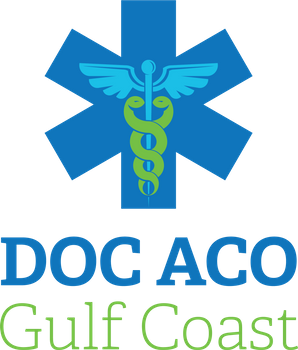Chronic Obstructive Pulmonary Disease (COPD) refers to a group of diseases that cause airflow blockage and breathing-related problems. It includes emphysema, chronic bronchitis, and in some cases asthma.
What Causes COPD?
In the United States, tobacco smoke is a key factor in the development and progression of COPD1, although exposure to air pollutants in the home and workplace, genetic factors, and respiratory infections also play a role.
How Serious Is COPD?
Chronic lower respiratory disease, primarily COPD, was the 3rd leading cause of death in the United States in 2011. Fifteen million Americans report that they have been diagnosed with COPD. More than 50% of adults with low pulmonary function were not aware that they had COPD; therefore the actual number may be higher.
The following groups are at risk for COPD:
People aged 65–74 years.
Current or former smokers.
People with a history of asthma.
How can COPD be prevented?
Avoid inhaling tobacco smoke, home and workplace air pollutants, and respiratory infections to prevent developing COPD. Early detection of COPD might change its course and progress.
Spirometry can be used to measure pulmonary or lung function and detect COPD in anyone with breathing problems.
How is COPD treated?
Treatment of COPD requires a careful and thorough evaluation by a physician.
Click Here to Search for a Doctor in your Area!
COPD treatment can alleviate symptoms, decrease the frequency and severity of exacerbations, and increase exercise tolerance. For those who smoke, the most important aspect of treatment is smoking cessation. Avoiding tobacco smoke and removing other air pollutants from the patient’s home or workplace are also important. Symptoms such as coughing or wheezing can be treated with medication. Pulmonary rehabilitation is an individualized treatment program that teaches COPD management strategies to increase quality of life. Plans may include breathing strategies, energy-conserving techniques, and nutritional counseling. The flu can cause serious problems in people with COPD. Vaccination during flu season is recommended and respiratory infections should be treated with antibiotics, if appropriate. Patients who have low blood oxygen levels are often given supplemental oxygen.
“Chronic Obstructive Pulmonary Disease (COPD).” Centers for Disease Control and Prevention. Centers for Disease Control and Prevention, 12 Mar. 2015. Web. 01 June 2015. <http://www.cdc.gov/copd/index.html>.
